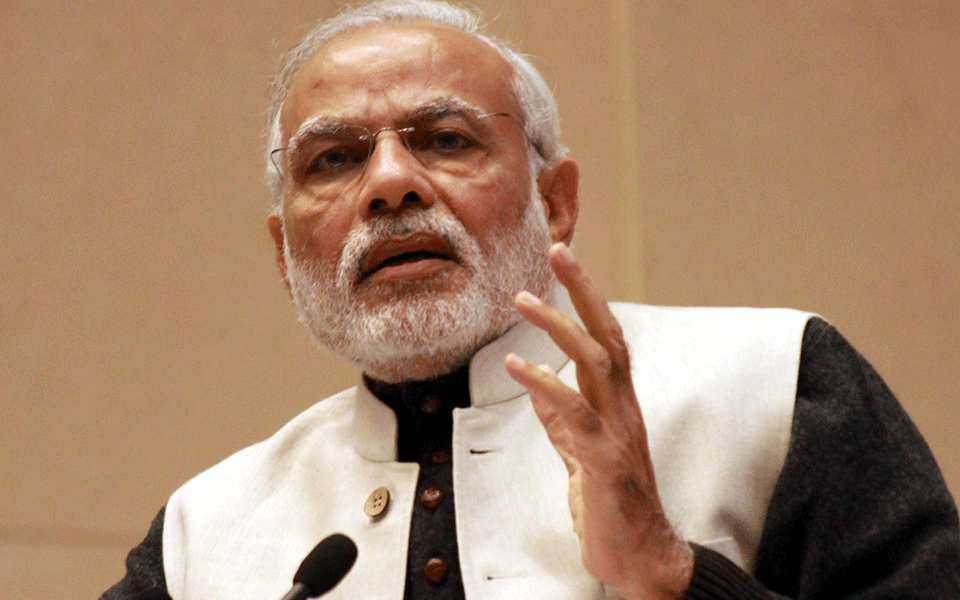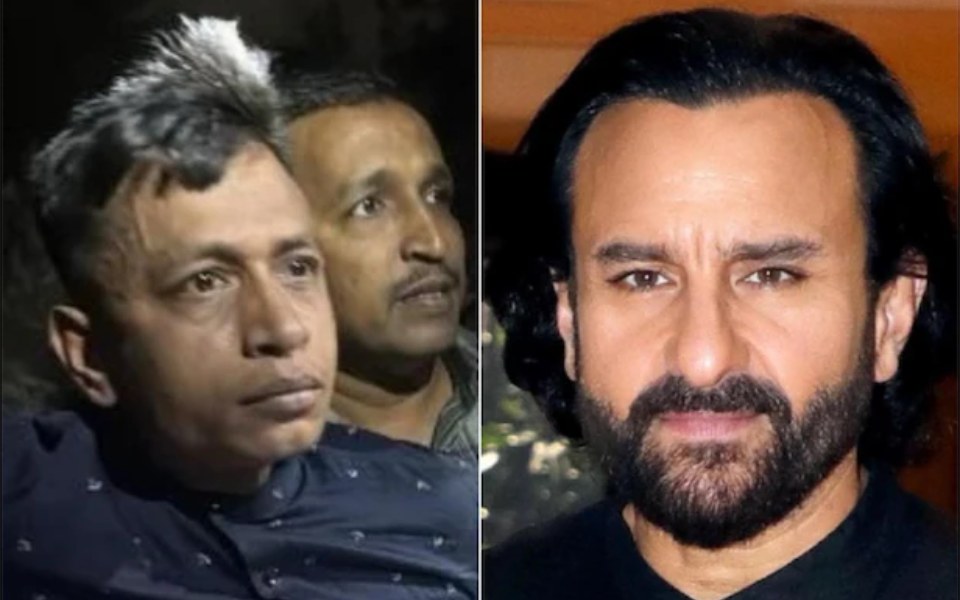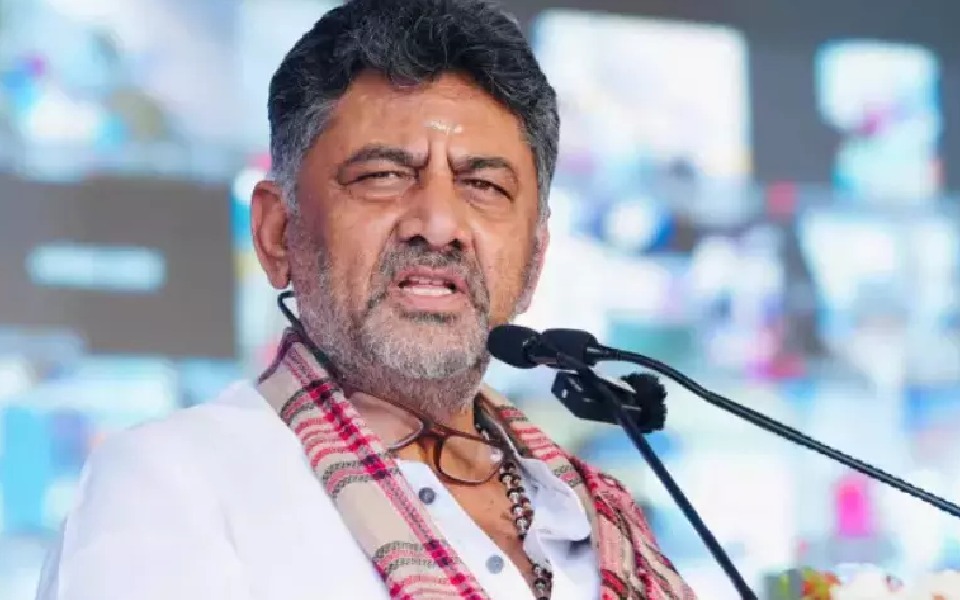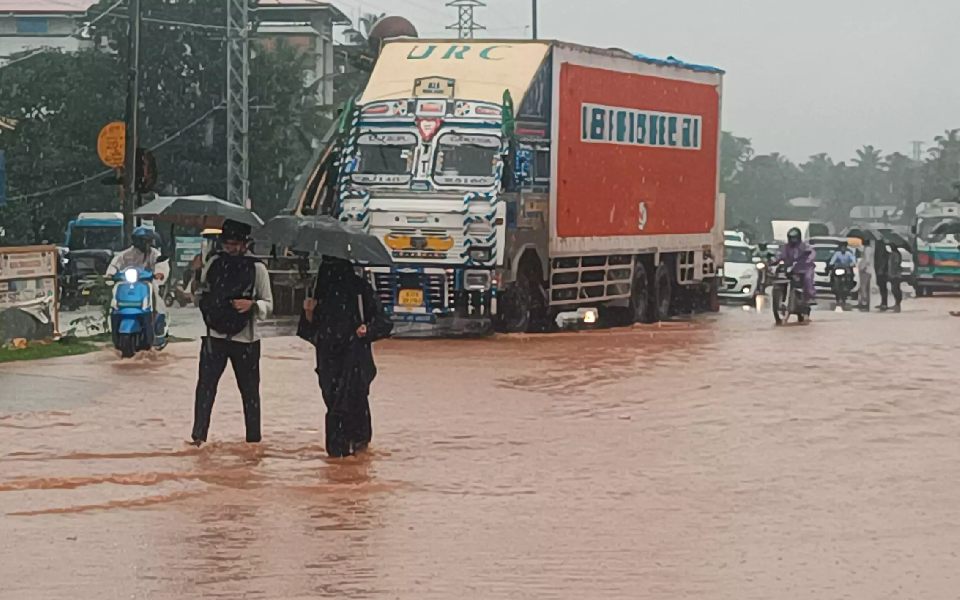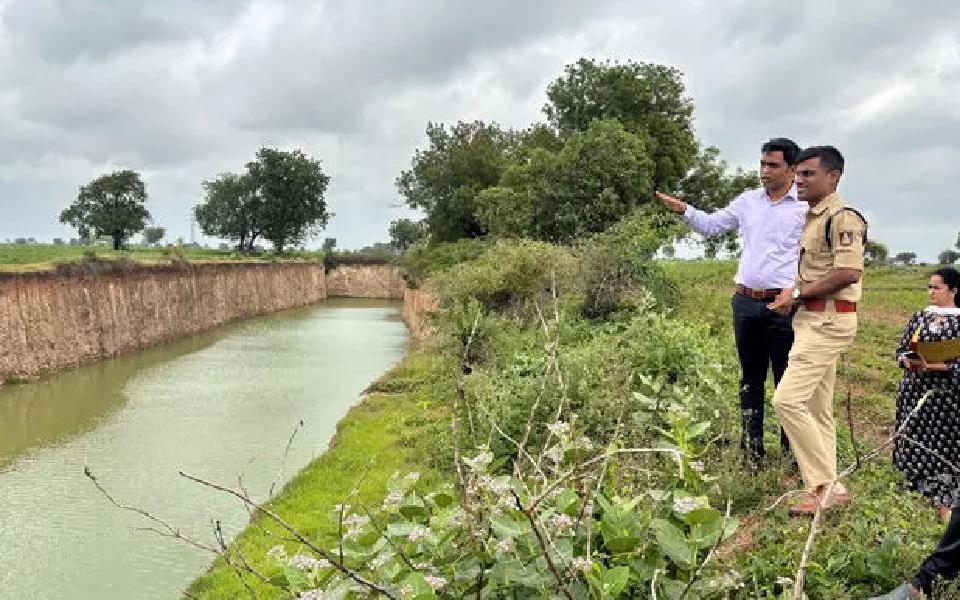New Delhi/Islamabad, Aug 20 : Prime Minister Narendra Modi has written to his new Pakistan counterpart Imran Khan that India desires "constructive engagement" with Islamabad but Pakistan quickly clarified that there was no offer of a bilateral dialogue.
Modi wrote to Imran Khan expressing India's commitment to build good neighbourly relations and pursue meaningful and constructive engagement with Islamabad.
He also talked about a shared vision to bring peace to make the subcontinent free of terror and violence.
Informed sources said in New Delhi that Modi wrote to Khan on Saturday, congratulating him after he took oath as the 22nd Prime Minister of Pakistan.
Modi expressed India's commitment to build good neighbourly relations between New Delhi and Islamabad and pursue meaningful and constructive engagement for the benefit of the people of the region.
He expressed the belief that the smooth transition of government in Pakistan would strengthen people's belief in democracy.
Modi recalled their telephonic conversation in which they spoke of a shared vision to bring peace, security and prosperity in the subcontinent to make it free of terror and violence.
In Islamabad, the Foreign Ministry denied that Pakistan's new Foreign Minister Shah Mahmood Qureshi had stated that Modi made an offer of a dialogue.
"In response to a query regarding the controversy being unnecessarily created by sections of the Indian media, the Foreign Minister had not stated that the Indian Prime Minister had made an offer of a dialogue," the Ministry said in a statement.
"The Indian Prime Minister in his letter to Khan had mentioned something similar to what the Foreign Minister elucidated earlier that the way forward was only through constructive engagement."
Earlier on Monday, Qureshi said that there was a need for "continued and uninterrupted" dialogue with India, which was the only way forward for the two neighbours to resolve outstanding issues.
Qureshi, the ruling party Pakistan Tehreek-i-Insaf's (PTI) Vice Chairman, was sworn-in earlier in the day along with 15 other members from Imran Khan's 21-strong cabinet, Dawn news reported.
"Pakistan looks forward to a mutually beneficial, uninterrupted dialogue with India to resolve all issues," the Ministry said.
"Any attempts to instigate controversy and vitiate the environment are counter-productive and against the spirit of responsible journalism."
Let the Truth be known. If you read VB and like VB, please be a VB Supporter and Help us deliver the Truth to one and all.
Mumbai, Jul 25 (PTI): Police have opposed the bail plea of the Bangladeshi national arrested for allegedly stabbing Bollywood actor Saif Ali Khan with a knife and injuring him at his home here in January this year, telling a Mumbai court there was "strong evidence" against the accused.
Citing a Forensic Science Laboratory report, police reiterated before the sessions court their earlier claim knife fragments that got lodged near the actor's spine during the attack as well as a part found at the crime spot have matched with the weapon recovered from the accused, Shariful Islam.
These three pieces were part of the same weapon (knife) used to attack the filmstar, the police said in a written response to the accused's plea submitted in the court on Thursday (July 24).
Khan was repeatedly stabbed with a knife by an intruder inside his 12th floor apartment in upscale Bandra on January 16 during a robbery attempt.
The 54-year-old actor underwent surgery at Lilavati Hospital to remove a piece of knife that got lodged near his spine during the attack. He was discharged from the private hospital after five days.
Shariful Islam, a Bangladeshi national, was arrested two days later for allegedly stabbing Khan.
The police, in their response, highlighted that the accused is a Bangladeshi citizen residing illegally in India.
If granted bail, there was a possibility that he may flee India and not appear before the court during the trial. The crime committed by the accused is of a "very serious nature, and strong evidence" is available against him, they argued.
In his bail plea, filed through advocate Vipul Dushing, the accused asserted he was innocent and had no prior criminal record.
Investigation into the case has practically concluded with only the filing of a chargesheet pending, the accused contended while seeking bail.
The alleged attacker has been booked under Bharatiya Nyaya Sanhita (BNS) sections related to house trespass, robbery and dacoity with attempt to cause death or grievous injury.

